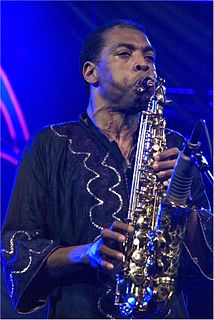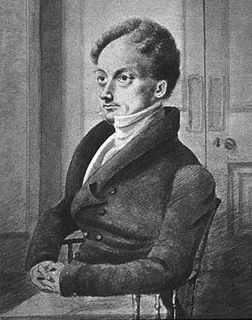A Quote by Heinrich Heine
Like a great poet, Nature knows how to produce the greatest effects with the most limited means.
Related Quotes
Yet magic is no more than the art of employing consciously invisible means to produce visible effects. Will, love and imagination are magic powers that everyone possesses; and whoever knows how to develop them to their fullest extent is a magician. Magic has but one dogma, namely, that the seen is the measure of the unseen.
Like a great poet, Nature produces the greatest results with the simplest means. These are simply a sun, trees, flowers, water and love. Of course, if the spectator be without the last, the whole will present but a pitiful appearance, and in that case, the sun is merely so many miles in diameter, the trees are good for fuel, the flowers are classified by stamens, and the water is simply wet.
I cannot write in verse, for I am no poet. I cannot arrange the parts of speech with such art as to produce effects of light and shade, for I am no painter. Even by signs and gestures I cannot express my thoughts and feelings, for I am no dancer. But I can do so by means of sounds, for I am a musician.
If that one is already a great artist, who knows how to educe from a small piece of wood the face of a king or of a queen, an ant or a camel, how great then is the mastery which can form as actuality everything which is in all potentiality? Therefore, God, who is able to produce from the most minute piece of matter the similitude of all forms which can be in this world and in infinitely many worlds, is of admirable subtlety.
A true poet is more than just a man who can write a poem with a pen. A true poet writes poetry with his very life. A true poet doesn't use poetic devices to con the heart of a woman but uses the beauty of all that is poetic to serve, cherish, and express love to the heart of a woman. Just as a true warrior is not a conqueror of femininity but a protector of femininity, a true poet is not just a wooer of a woman's heart but one who knows how to nurture and plant love in a woman's heart. Simply put, a true poet is a man who knows how to be intimate with a lover - first and foremost with Christ.
In every part of the universe we observe means adjusted with the nicest artifice to the ends which they are intended to produce; and in the mechanism of a plant, or animal body, admire how every thing is contrived for advancing the two great purposes of nature, the support of the individual, and the propagation of the species.
It has always seemed to me extreme presumptuousness on the part of those who want to make human ability the measure of what nature can and knows how to do, since, when one comes down to it, there is not one effect in nature, no matter how small, that even the most speculative minds can fully understand.
Water, whether still or in motion, has so great an attraction for the lover of nature, that the most beautiful landscape seems scarcely complete without it. There are no effects so fascinating as those produced by the reflexions in nature's living mirror, with their delicacy of form, ever fleeting and changing, and their subtle combinations of colour.




































